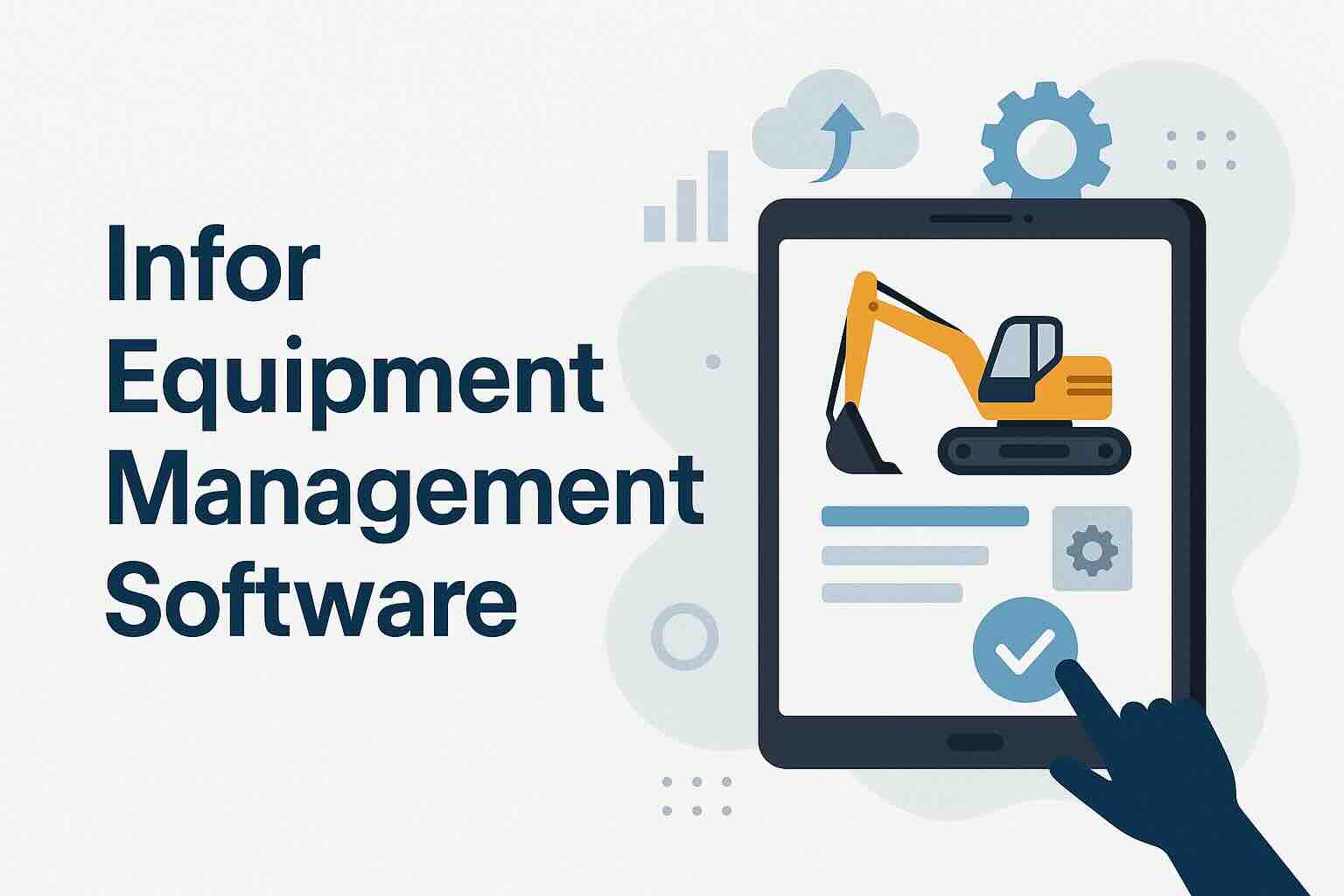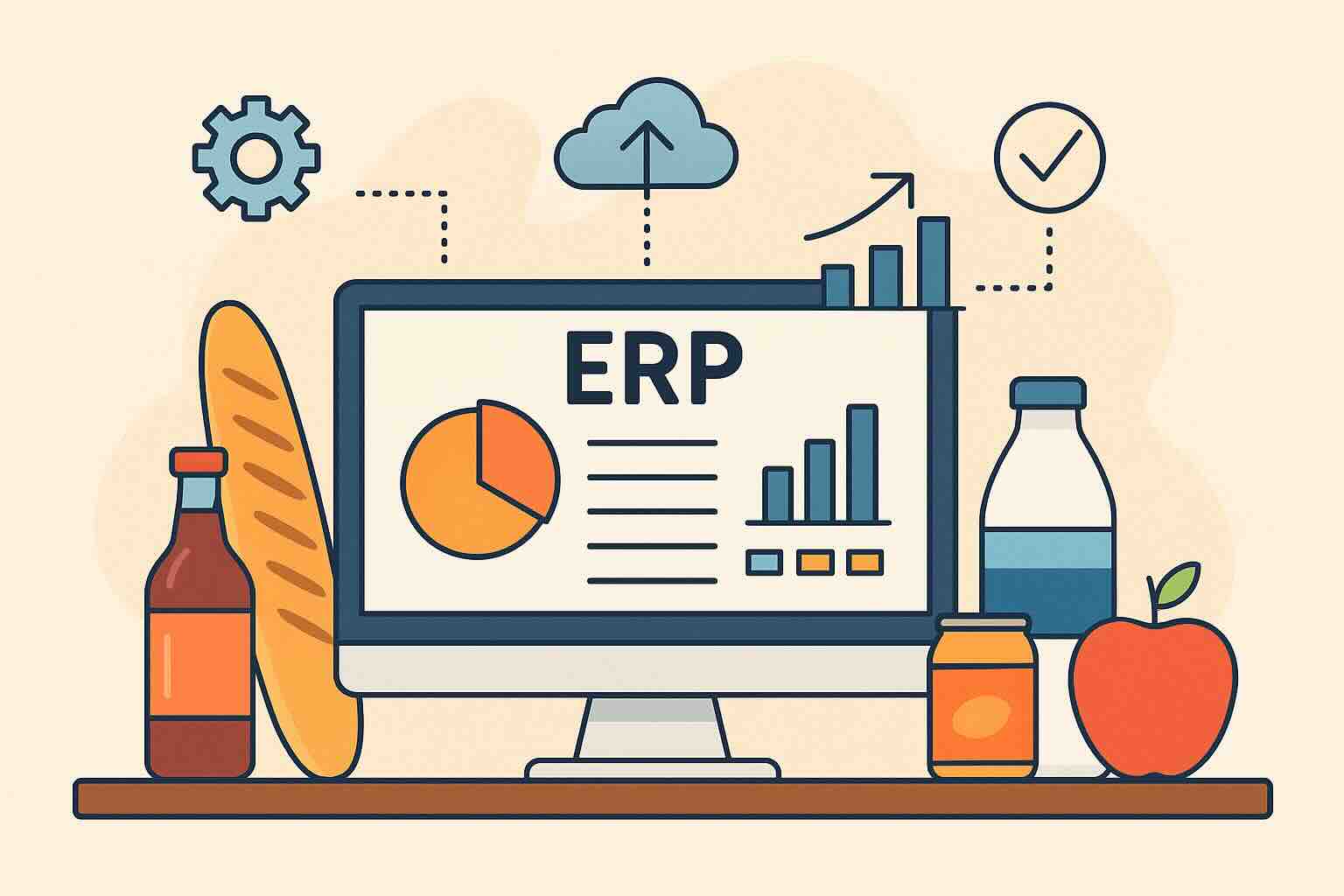What is Oracle Cloud ERP?

In the realm of Enterprise Resource Planning (ERP) systems, Oracle Cloud ERP has emerged as a significant player. As businesses increasingly migrate to cloud-based solutions, understanding the strengths and weaknesses of these platforms becomes crucial. This blog offers a detailed analysis of Oracle Cloud ERP, assessing its capabilities and areas where it may fall short.
Introduction to Oracle Cloud ERP
Oracle Cloud ERP is a comprehensive, integrated suite designed for modern business operations. It’s part of Oracle’s Cloud Applications suite, which offers a broad range of business applications on the cloud. Cloud ERP encompasses financials, procurement, project management, and risk management, among other modules.
Strengths of Oracle Cloud ERP
- Comprehensive Integration: One of Oracle Cloud ERP’s key strengths is its integrated nature. It offers a wide range of business functions that work seamlessly together, eliminating the need for multiple, disparate systems. This integration extends across finance, HR, supply chain, and customer experience, providing a unified platform.
- Advanced Analytics and Reporting: The system comes equipped with robust analytics and reporting tools. These features allow businesses to derive actionable insights from their data, enhancing decision-making processes. The real-time analytics capabilities provide up-to-date information, crucial for fast-paced business environments.
- Scalability and Flexibility: Being cloud-based, the solution offers excellent scalability, catering to businesses of varying sizes and sectors. It can easily adapt to the changing needs of a growing business. Its modular nature allows organizations to select and pay for only the functionalities they need.
- Regular Updates and Innovation: Oracle ensures that the Cloud ERP system is continually updated with the latest features and security enhancements. These regular updates, pushed through the cloud, keep businesses at the forefront of technology without the need for manual upgrades.
- Mobile Accessibility and User Experience: The system is designed with a mobile-first approach, offering users access to critical business functions from anywhere. The user interface is intuitive and user-friendly, designed to enhance user engagement and productivity.
Weaknesses of Oracle Cloud ERP
- Complex Implementation Process: One significant challenge is its implementation. The comprehensive nature of the system can make the implementation process complex and time-consuming. Businesses often require assistance from specialized Oracle consultants, adding to the overall cost and duration of the project.
- Training and Change Management: The robust functionality of Oracle Cloud ERP comes with a steep learning curve. Users may require extensive training to navigate the system effectively. Additionally, the transition to this advanced cloud system often requires substantial change management efforts.
- Cost Considerations: While offering a range of functionalities, it is also one of the more expensive solutions on the market. The pricing can be a deterrent for small to medium-sized businesses. Additionally, the total cost of ownership may increase due to the need for consulting services during implementation.
- Customization Limitations: While highly configurable, it offers limited options for deep customization. This could be a drawback for businesses with highly specific processes that require a tailor-made solution.
- Integration with Legacy Systems: Businesses with existing legacy systems may face challenges integrating them with Oracle Cloud ERP. While the system integrates well within the Oracle ecosystem, external integrations might require additional effort and resources.
Conclusion
Oracle Cloud ERP stands out for its comprehensive integration, advanced analytics, scalability, and continuous innovation. It’s an excellent choice for large enterprises looking for an all-in-one cloud ERP solution. However, its complexity, cost, and customization limitations are factors to consider, especially for smaller businesses or those with highly specialized needs. Like any ERP system, the key to success lies in understanding your business requirements and ensuring they align with what the system offers.
To compare Oracle Cloud ERP with 100s of other ERP solutions, you can use our new AI-powered Compare ERP tool. It’s free to use and you get a guaranteed discount on your first year’s licence fees with a referral from Compare ERP.









